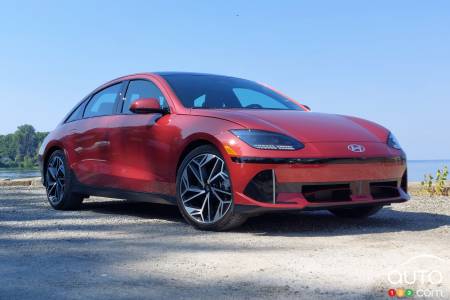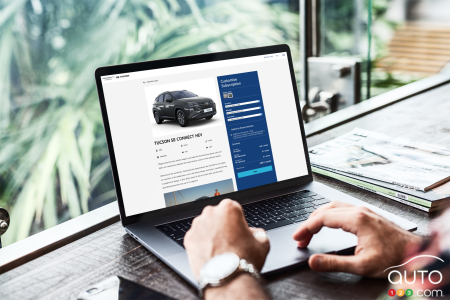Hyundai Connected Mobility is developing its car subscription service, Mocean, with ambitious plans to expand into new European markets. Already a success in Spain and the UK, the service recently launched in Germany.
Why Hyundai is betting on subscriptions
At a time when some manufacturers, such as Volvo and Lynk & CO, are abandoning or revising their subscription offers, Hyundai is banking on flexibility and a new approach to car use. The Mocean service gives consumers access to over 40 Hyundai models, with a monthly fee that includes insurance, maintenance and taxes.
According to Liran Golan, Director of Mobility Services at Hyundai Connected Mobility, “The younger generation is no longer motivated by car ownership. We have to adapt to this reality.”

Promising results in Germany
In Germany, the car subscription market is expected to grow at an annual rate of 33.5 percent between now and 2030. Hyundai plans to achieve profitability through a strategy based on logistics optimization, dealer network utilization and lean management, with little marketing expenditure.
Hyundai’s service appears better positioned than other similar ones thanks to the absence of registration fees, as well as flexible contracts ranging from one month to several years.
A solution for electric vehicles
The subscription model also plays a key role in the adoption of electric vehicles. According to Hyundai, the majority of German Mocean customers opt for an EV.
“Subscriptions allow consumers to test EV technology without committing to purchase.”
- Liran Golan, Director of Mobility Services at Hyundai Connected Mobility
David Bailey, Professor of Economics at the University of Birmingham, agrees. “It's an ideal way for consumers to explore EVs without the high upfront costs or uncertainties associated with charging and resale value.”

A diverse audience and potential for corporate fleets
The typical Mocean subscriber is 42 years old on average, 10 years younger than the classic Hyundai buyer. Target groups include:
- - Young families looking for a secondary car;
- - Expats in big cities;
- - Professionals who don't want to commit to a purchase;
- - Companies, especially smaller firms, that need flexibility for their fleets.
With 58 percent of new European cars destined for corporate fleets, Hyundai sees enormous growth potential in this segment.






